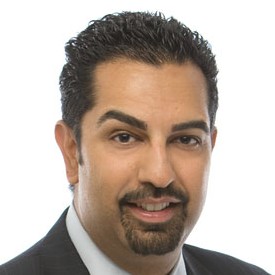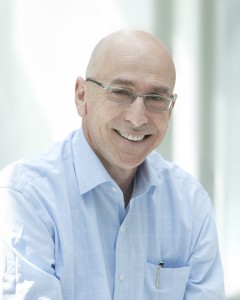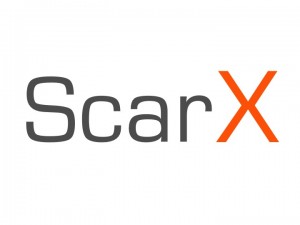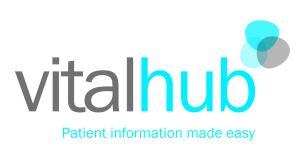Vasomune Therapeutics awarded $1.5 million to advance lead asset for renal disease
 TORONTO (October 20, 2014) — Vasomune Therapeutics, a biotechnology start-up founded by Drs. Dan Dumont and Paul Van Slyke of Sunnybrook Research Institute (SRI) in partnership with MaRS Innovation, has received $1.5 million, in part through Genome Canada’s Genomic Applications Partnership Program (GAPP), to advance Vasculotide, the company’s lead Tie-2 activating agent, towards clinical development.
TORONTO (October 20, 2014) — Vasomune Therapeutics, a biotechnology start-up founded by Drs. Dan Dumont and Paul Van Slyke of Sunnybrook Research Institute (SRI) in partnership with MaRS Innovation, has received $1.5 million, in part through Genome Canada’s Genomic Applications Partnership Program (GAPP), to advance Vasculotide, the company’s lead Tie-2 activating agent, towards clinical development.
This announcement was covered in Biotechnology Focus.
The Honourable Ed Holder, Minister of State (Science and Technology) and Dr. Pierre Meulien, president and CEO of Genome Canada, announced the funding as part of 12 selected projects under Genome Canada’s Genomic Applications Partnership Program (GAPP), on October 15 in Wallenstein, Ontario.

“We believe that our technology is well positioned to accelerate from preclinical research into clinical development based on its strong data package,” said Parimal Nathwani, president and CEO of Vasomune Therapeutics. “This award, in combination with industry funding, validates the Vasculotide opportunity and gives us the required funds to advance the drug candidate toward the clinic.”
In preclinical studies, Vasculotide has shown to be an effective treatment for multiple renal diseases including acute kidney injury (AKI), which in humans is a possible outcome of kidney function loss that manifests in nearly a third of high-risk cardiac patients. AKI may result from short-term interruptions in blood flow during surgery; 11 percent of patients who develop AKI after bypass surgery will die. People who survive AKI are at risk of developing longer-term kidney complications such as chronic kidney disease or End Stage Renal Disease. Vasomune’s founders conceptualized and designed Vasculotide to bind to the Tie-2 receptor, which is responsible for maintaining vascular health (and thus blood flow).
With this new funding, a third from Vasomune and MaRS Innovation, a third from Genome Canada and a third from a leading multinational pharmaceutical company, Vasomune can transition its program into manufacturing optimization, pharmacokinetics and toxicology studies to prepare for clinical development in early 2016.





